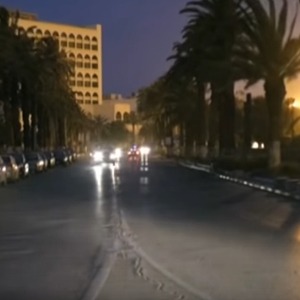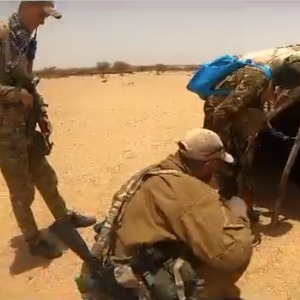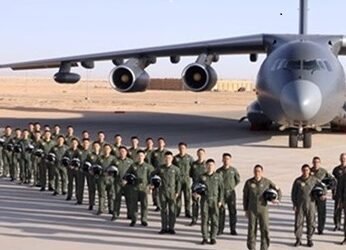Tripoli, March 21, 2020 – Libya’s UN-recognised government declared a night-time curfew and closure of public spaces starting Sunday to keep the novel coronavirus out of areas it controls, while fighting continued south of the capital. The Tripoli-based Government of National Accord (GNA) announced a curfew lasting from 6:00 p.m. to 6:00 a.m. (1600-0400 GMT) in a statement on Saturday. It also ordered the closure of restaurants, cafes and party halls, while banning funerals and weddings.
Libya is largely divided between forces loyal to the GNA and those of military commander Khalifa Haftar, who backs a rival administration in the country’s east. Pro-Haftar forces had on Thursday imposed their own night-time curfew in areas under their control.
After closing schools last week, the GNA said on Monday it was closing land borders and halting flights in the west to keep out the virus. To date, no cases of the COVID-19 disease have been reported by either
administration, but experts fear an outbreak could be catastrophic due to the country’s degraded health system.
Libya has been mired in chaos since the 2011 overthrow of longtime dictator Moamer Kadhafi.
The security and humanitarian situation in the country has deteriorated since Haftar launched an offensive to seize the capital in April last year. The fighting has left more than 1,000 people dead and around 150,000 displaced. A fragile truce entered into force on January 12, but both sides accuse the other of violations as regular clashes continue.
Five women were killed on Wednesday and five other civilians wounded in strikes attributed to pro-Haftar forces by the GNA and the UN. Haftar’s forces on Saturday “welcomed” calls for a new ceasefire made by the UN and several countries on Tuesday, saying they “continue to respect the truce”. The GNA had responded positively to these calls on Thursday, but said it reserved “the right to respond to daily assaults targeting civilians and public facilities”. On Saturday, sporadic bombardments could still be heard from the centre of the capital.











